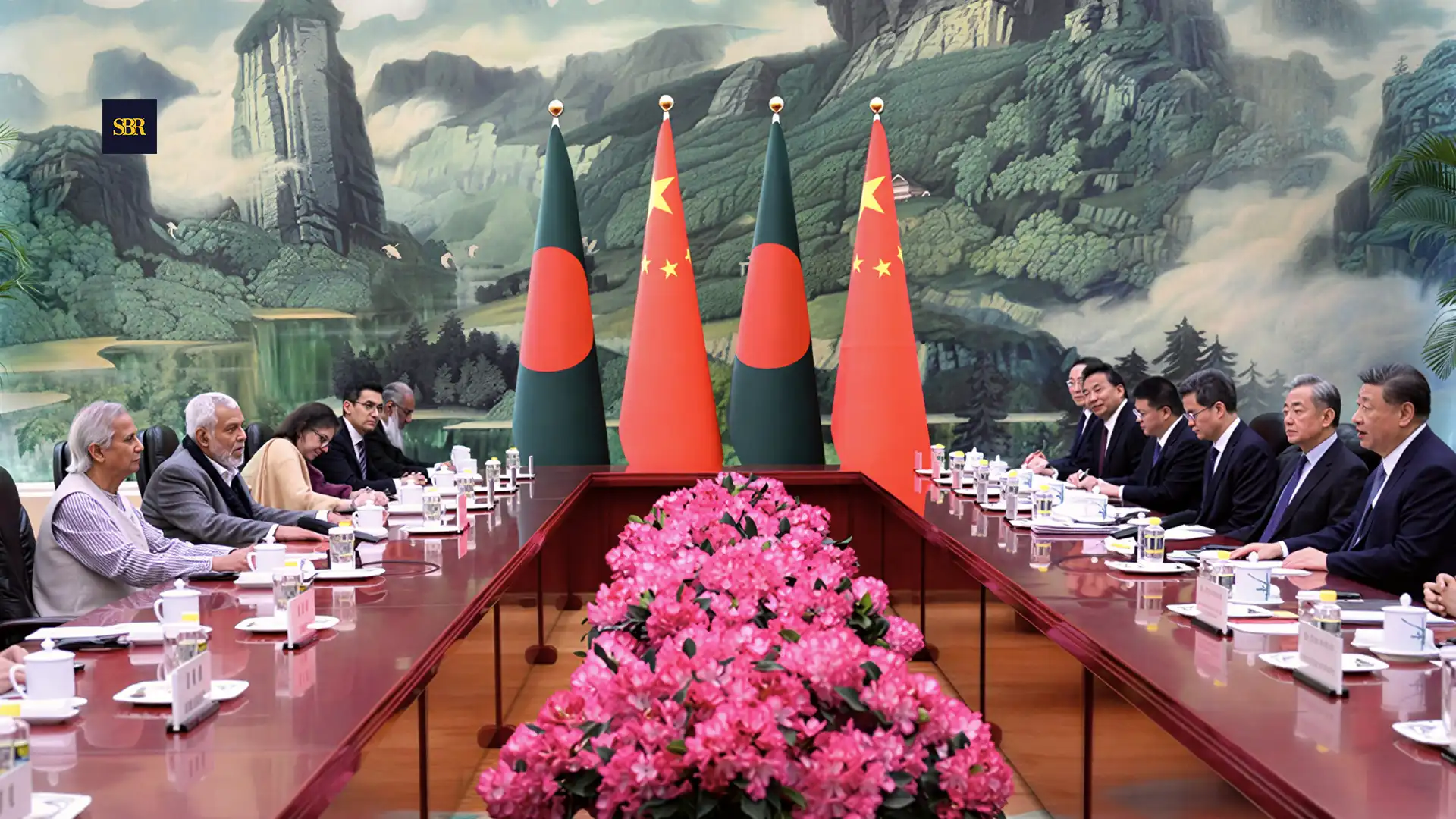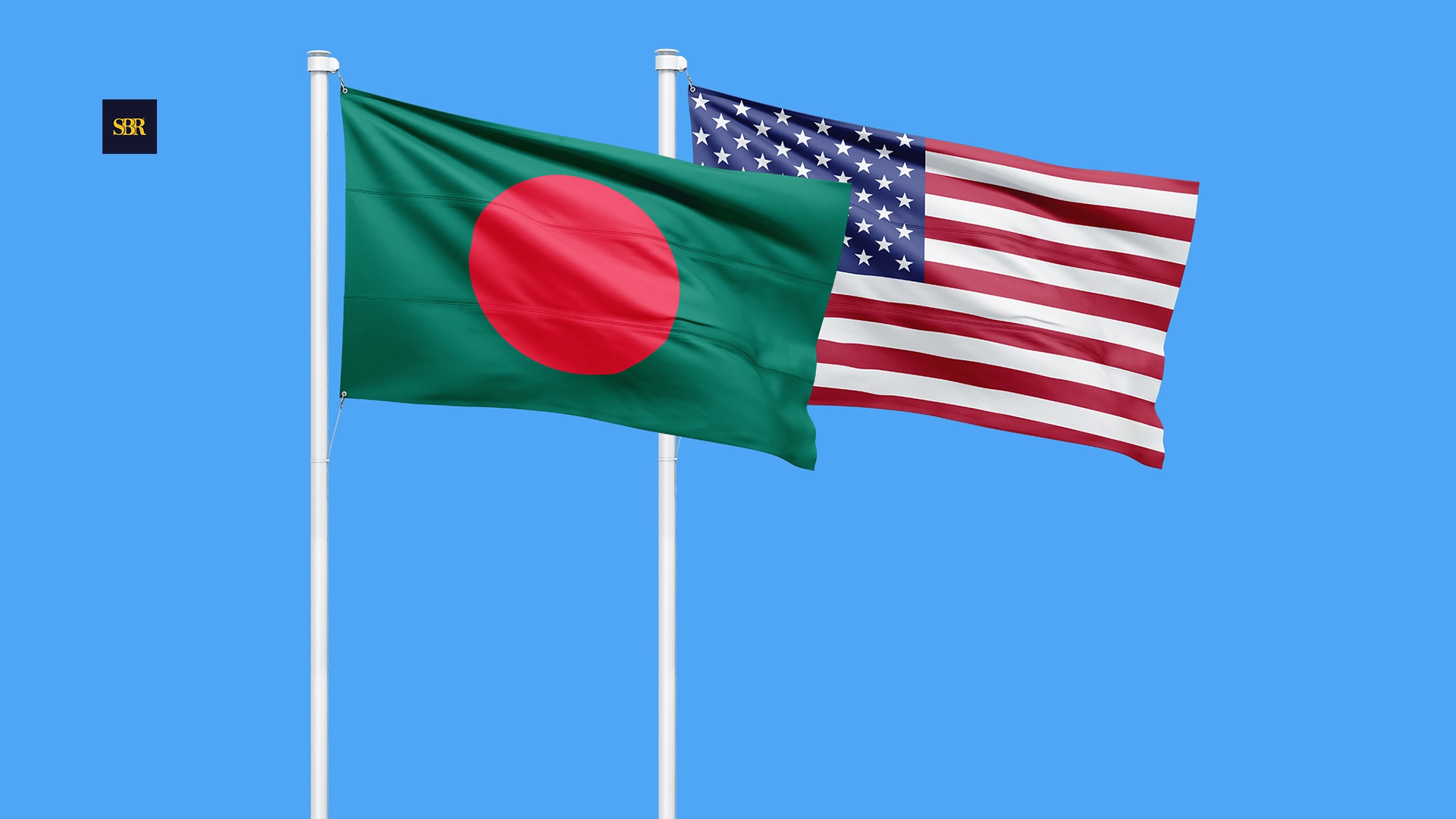NEW YORK, Nov. 5, 2025 — Zohran Mamdani’s campaign succeeded because it did not rely on the usual insiders or conventional political machinery. Instead, it reached into communities often ignored by traditional campaigns, activated volunteers, and built relationships one door at a time. National commentary highlighted his ability to stay engaged with neighborhood concerns over years rather than only during election season. From Queens to Brooklyn and beyond volunteers organized meetings on street corners, in community centers, and even at subway stops. This ground-level energy matters because voters sense authenticity when candidates are present long before election season. It also creates a sense of shared ownership over the campaign that traditional strategies often miss. Many observers have noted that this kind of local engagement strengthens long-term voter trust and builds a foundation for future political action that extends beyond a single election
Speaking Clearly to Voters
When policies feel abstract or distant public engagement tends to wane. Zohran highlighted the high cost of living in New York City as a defining issue. While many campaigns speak about change in general terms he tied his policies directly to subway rides, rent bills, and childcare. Analysts in major U.S. outlets noted that his platform was accessible to working-class voters because he framed policy in terms of problems people know rather than issues only experts understand. Beyond simplicity his language carried empathy. He addressed the frustrations of commuters facing crowded trains and tenants worried about eviction notices. He also spoke to families struggling with healthcare and education challenges. For Democrats this demonstrates that policy clarity is not only strategic but human. Voters are drawn to candidates who reflect their daily realities and offer tangible solutions rather than abstract theory
Embrace Boldness with Responsibility
Dare to Lead: Zohran ran unapologetically progressive offering free buses, rent freezes, universal childcare, and higher taxes on the wealthy. His willingness to stake out an ambitious agenda stands out in a political climate where many campaigns hedge their positions. Major newspapers noted that this boldness captured attention and drew a multigenerational coalition into the race. His success shows that progressive ideas when communicated clearly can resonate widely without alienating moderate voters. Bold positions also signal authenticity showing that leaders are willing to make visible commitments. This approach demonstrates that voters respond positively to clear vision backed by conviction
Plan to Deliver: Boldness alone is not enough. Campaign promises must be paired with a roadmap for governance. Commentators have noted that Zohran’s real challenge begins now in turning rhetoric into actionable results. Democrats should adopt a two-step approach by inspiring voters with ambitious vision while simultaneously building the capacity and discipline to implement it. Execution matters as much as ideas and successful governance reinforces credibility for future elections. Candidates who fail to translate promises into action risk undermining the enthusiasm that brought them to office in the first place. Planning for delivery requires attention to budgets, staffing, and community input so that policies can be implemented without losing momentum.
Build Inclusive Coalitions
A defining feature of Zohran’s victory was his ability to unite diverse groups including young voters, immigrants, long-time residents, tenants, and transit riders. Observers in national media argued that his coalition succeeded because it centered on inclusion and representation rather than narrow identity appeals. By listening to a full spectrum of communities, acknowledging grievances, and validating experiences he built durable support. For Democrats this underscores a critical lesson. Winning modern urban elections requires broad alliances that cross demographic, geographic, and generational lines. Inclusion is not just moral it is strategic. Campaigns that feel accessible to a wide range of voters increase turnout, foster civic engagement, and strengthen legitimacy for governance. Zohran’s victory shows that building these alliances is not optional but essential for sustained political success.
Zohran’s win offers a roadmap for Democratic renewal. Reconnecting with voters at the base, speaking to lived experience, offering ambitious but achievable reforms, and building inclusive coalitions are central lessons. His victory demonstrates that urban America is ready for leaders who combine authenticity, clarity, ambition, and inclusivity. The challenge for Democrats nationally is to translate these lessons beyond New York, ensuring future candidates adopt the same balance that propelled Zohran Mamdani to success. His election shows that voters respond to leaders who do not just talk about change but deliver it through action and tangible commitments. By following these principles, the Democratic Party can engage a wider electorate and create campaigns that feel responsive, human, and forward-looking.
Change happens when leaders listen to communities that have been left out and give them a seat at the table.
Inputs from Diana Chou
Editing by David Ryder
















